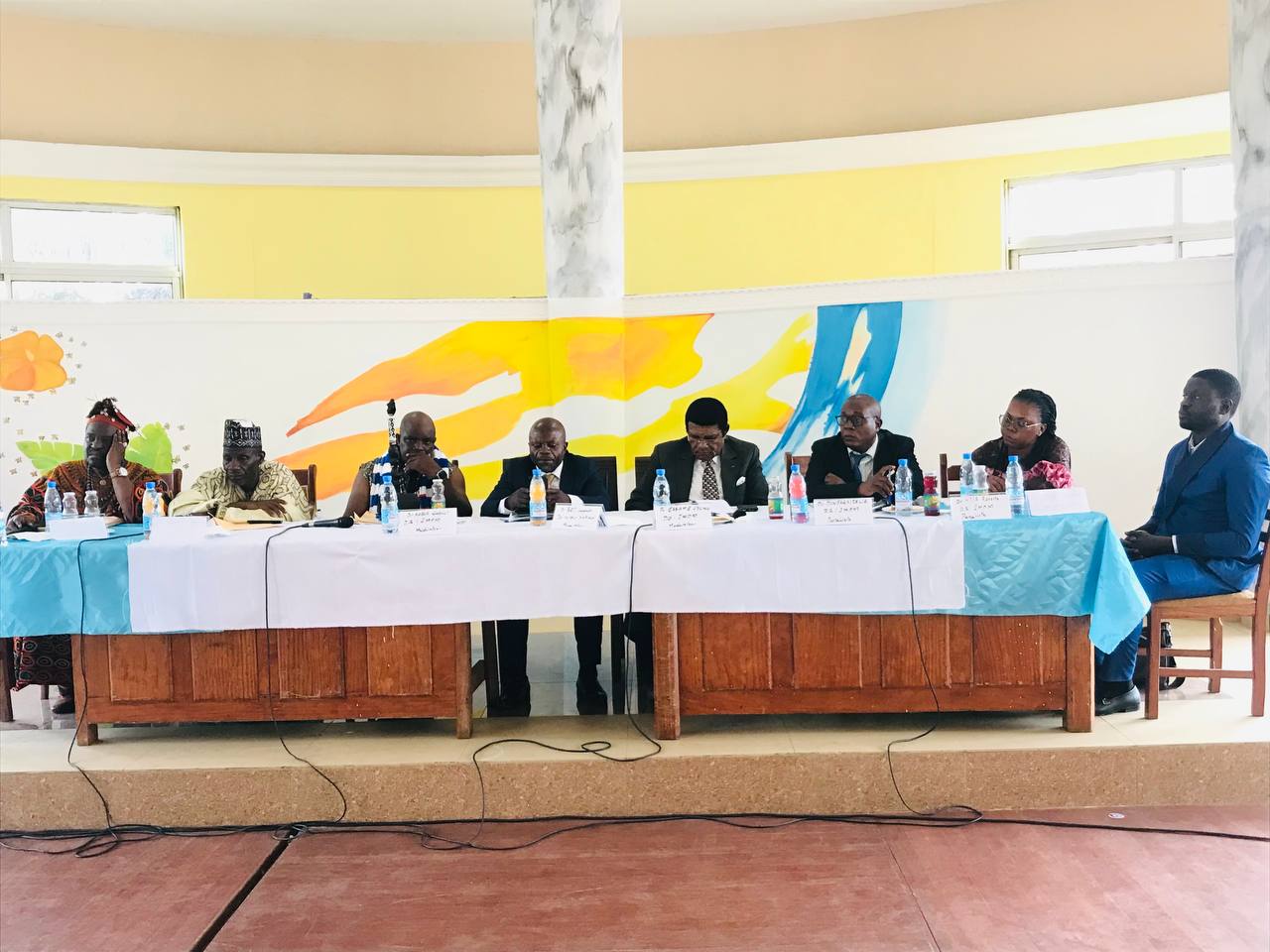This was the backdrop of a discussion organised by the Institut de recherches médicales et d’études des plantes médicinales in Yaoundé on 18 October.
There are three principles to consider when talking about medicine, according to the World Health Organisation (WHO). For the organisation, medicine must be effective, i.e. it must enable patients to recover their health. At the same time, it must not cause harm. Traditional medicine is often criticised for this. A treatment should not end in a tragedy for the patient. And the last point is that medicine, even traditional medicine, has to obey a standard in which the same causes have to produce the same effects.
These points were raised during the discussion chaired by Prof. Jean-Louis ESSAME OYONO, Director of the Institute for Medical Research and the Study of Medicinal Plants, in the presence of numerous researchers and traditional practitioners. For the specialist in medicinal research, we are now in the era of the concept of a single health. According to the director of the IRPM, this means that there is an interaction between three main areas: the environment, humans and animals.
The aim of the conference was to encourage practitioners of traditional medicine to be more aware of these three entities, with respect for the environment and the interaction between humans and animals. These points are intended to break the ice and facilitate cooperation between the two medical approaches. Here, the role of medical research is to provide a framework for the practices and various forms of traditional medicine, for the greater benefit of the health of the population.
In the face of fears that medical research could overshadow traditional medicine, with the risk of the loss of certain customs and traditions, the contribution of traditional practitioners was recognised and praised in the discussions, with the example of the Covid-19 pandemic crisis, where traditional medicine complemented scientific research and saved lives. This led to a call for its representatives to take an interest in other diseases specific to our environment, such as malaria.
Other recommendations include strengthening the IRPM’s financial capacity to produce health therapies, integrating all components of traditional medicine, and developing good medical reflexes among its practitioners: prevention, diagnosis, treatment and follow-up. The IRPM was also invited to integrate other variations of traditional medicine, such as hydrotherapy, and to continue working with traditional practitioners, who should approach the Institute to promote their preparations and work to develop the referral reflex among patients.
The meeting was held as part of the eighth « Journées d’Excellence de la Recherche Scientifique et de l’Innovation du Cameroun ».




